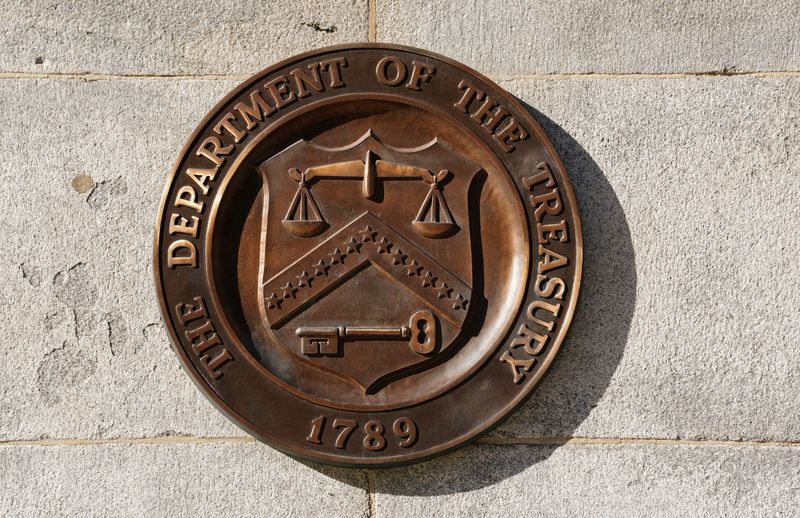U.S. Blocks Acquisition of Jupiter Systems by Chinese-Owned Company
The United States has taken a significant step to safeguard national security by blocking the acquisition of Jupiter Systems, an audiovisual equipment supplier, by Hong Kong-based Suirui International. This decision came after the Committee on Foreign Investment in the United States (CFIUS) identified potential risks associated with the deal.
National Security Concerns
According to the U.S. Treasury Department, the review process uncovered a national security risk tied to Suirui’s ownership of Jupiter. The concern centers around the possibility that Jupiter’s products, which are used in military and critical infrastructure environments, could be compromised. The department described Suirui as a company organized under the laws of China, even though Suirui presents itself as a cloud communication service provider.
The deal between the two companies was initiated in early 2020, but it has now been halted. The order issued by the U.S. government requires Suirui to divest its interests in Jupiter within 120 days.
Geopolitical Tensions
This move reflects the ongoing tensions between the United States and China, particularly in sectors such as technology, trade, and cybersecurity. Under President Donald Trump, Washington has consistently highlighted China as a threat to U.S. security, especially in areas where sensitive technologies are involved. These tensions have led to disputes over trade tariffs, intellectual property rights, and broader geopolitical issues.
The U.S. Treasury Department emphasized that the president’s order aims to mitigate the identified risks. It mandates that Suirui must divest all interests and rights in Jupiter. Additionally, Jupiter is required to ensure that it holds no interest or rights in any assets or operations of its Chinese subsidiaries acquired or created after the transaction was completed.
Company Response
Jupiter Systems has acknowledged the order and stated that it is actively reviewing the decision in consultation with legal counsel and stakeholders. The company added that it does not expect any disruptions to its business while the matter is being resolved.
Lack of Immediate Comments
Neither the Chinese embassy in Washington nor Suirui provided immediate comments on the matter. Beijing has previously rejected accusations that it poses a threat to U.S. security and businesses. This incident underscores the complex relationship between the two countries, where economic ties coexist with deep-seated strategic concerns.
Broader Implications
This action highlights the U.S. government’s commitment to protecting critical infrastructure and sensitive technologies from foreign influence. It also signals a continued focus on ensuring that investments from foreign entities do not compromise national security. As the situation unfolds, further developments may shed light on how this decision will impact both companies and the broader U.S.-China relationship.
The case of Jupiter Systems and Suirui International serves as a reminder of the delicate balance between global trade and national security, especially in an era marked by increasing technological interdependence and geopolitical competition.







